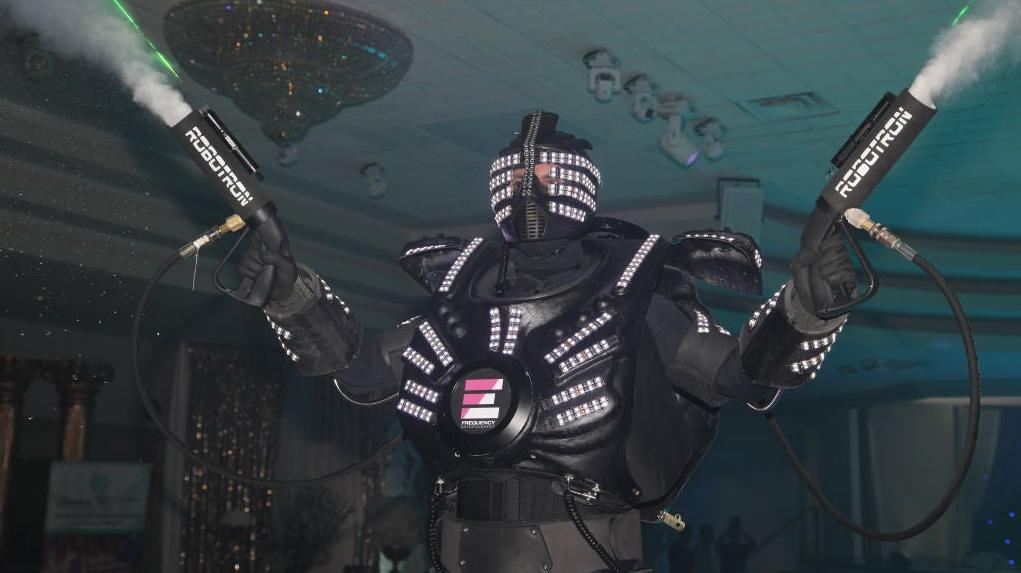Robots To Partner With Instacart, Take Another Step Closer To Controlling Humanity
During 2020, the worst year for jobs in modern American history, Instacart added 350,000 new employees to its payroll. Though the majority of these jobs were gig economy positions which are not exactly the best type of employment, during a year where 22 million jobs disappeared practically overnight, those Instacart positions were literal lifesavers for many individuals and families. And now that several hundred thousand Americans are depending on Instacart for their livelihoods, the robots are coming to replace the humans.
If you've kept up with The Takeout's previous robot coverage, you already know how the robots are planning to destroy the lives of restaurant cooks, birds, and me personally. They've been making serious strides in their plot to take over the world's two largest retailers—Amazon and Walmart — which will further suppress humanity under their icy metallic thumbs. Even before the pandemic, robots had begun systematically reinventing the entire grocery industry, and once Instacart is inevitably seduced by their promises of maximum efficiency and $0 salaries, it's only a matter of time before all of humanity is completely dependent on them for our most basic of necessities, and that's when they'll strike.
Instacart's plan to surrender to the robots was first reported by Bloomberg Quint, which reviewed internal documents from the company. The plan at Instacart essentially follow the same template the robots have used to seduce much of the grocery industry. Phase one involves Instacart building Amazon-style automated fulfillment centers around the country, where hundreds of robots will work night and day stocking shelves and fetching groceries, while around one hundred human "coworkers" will be in charge of gathering produce and deli items. Some of these processing centers will be attached to existing supermarkets, while others will be standalone operations that will process orders for multiple affiliated grocery stores.
Despite the fact that Instacart was arguably one of the biggest success stories to emerge from the coronavirus pandemic, and despite the fact that Bloomberg Quint reports that the reviewed documents were from July and December of last year, as of today, Instacart has yet to cement a single major supermarket chain partner on these plans. In fact, Instacart had planned to begin testing fulfillment centers later this year, but the plan appears to be far behind schedule; anonymous sources from inside the company told Bloomberg Quint that while Instacart asked five robotics companies for proposals, it has yet to decide on one to build the massive technological infrastructure it needs.
The good news for humans: once Instacart completes its inevitable transition into a robot utopia, the company will be able to lower the fees and markups it charges customers, which would make the sting of living under robot rule a bit easier to bear. The bad news: while Instacart is still working on these plans, other companies have been moving in on their turf, and they, too, are in cahoots with the robots. Bloomberg Quint reports that the Meijer, Smart & Final, and Fresh Thyme supermarket chains have launched partnerships with DoorDash, and Uber has teamed up with Gopuff. Soon enough, the robots will control all our basic needs, and once that happens, they'll control us. You thought it was hard finding toilet paper last year? Just you wait till the robots are fully in charge, ready to make us pay for all the Tamagotchis we senselessly starved to death.
